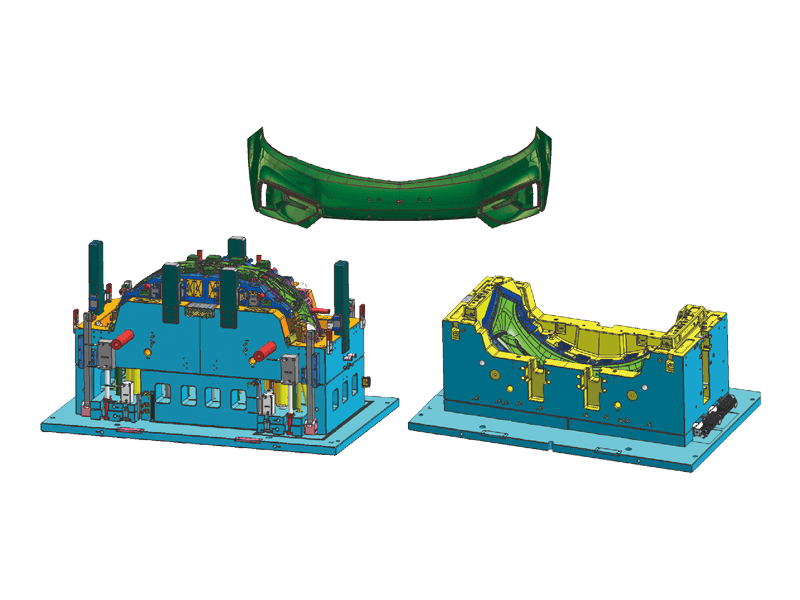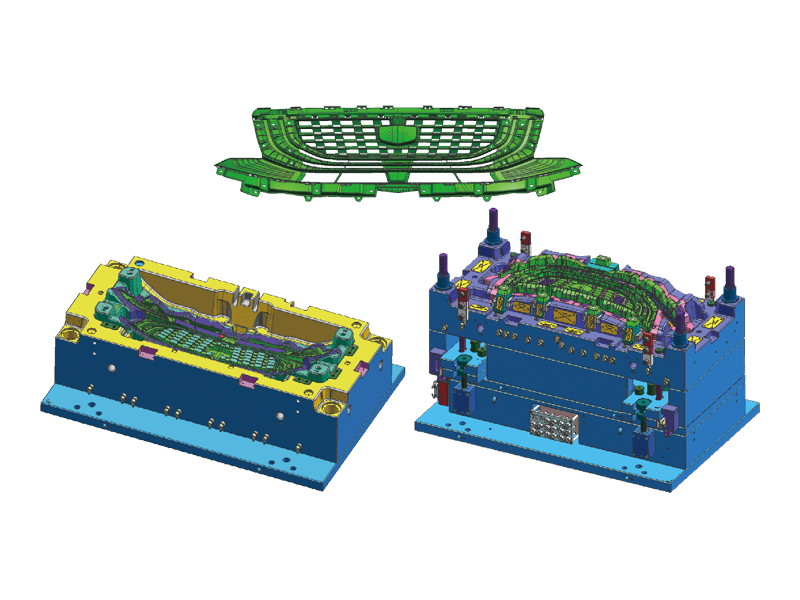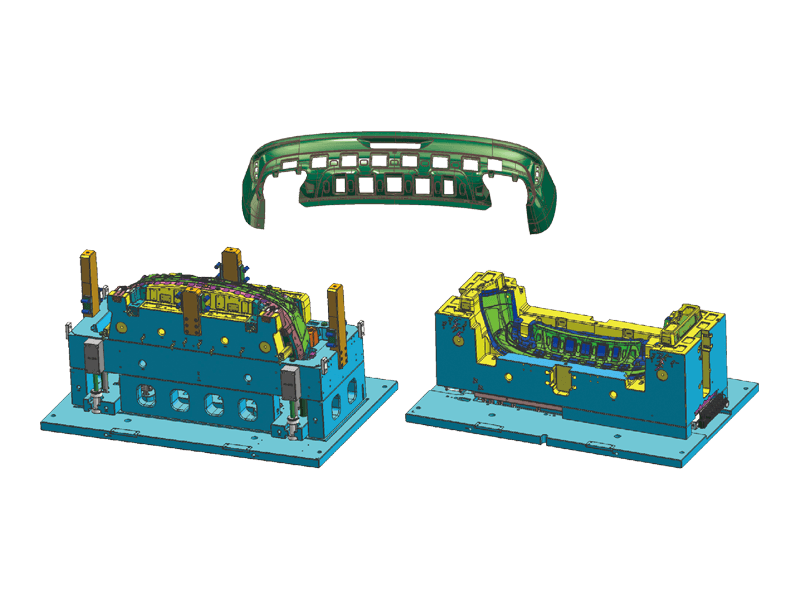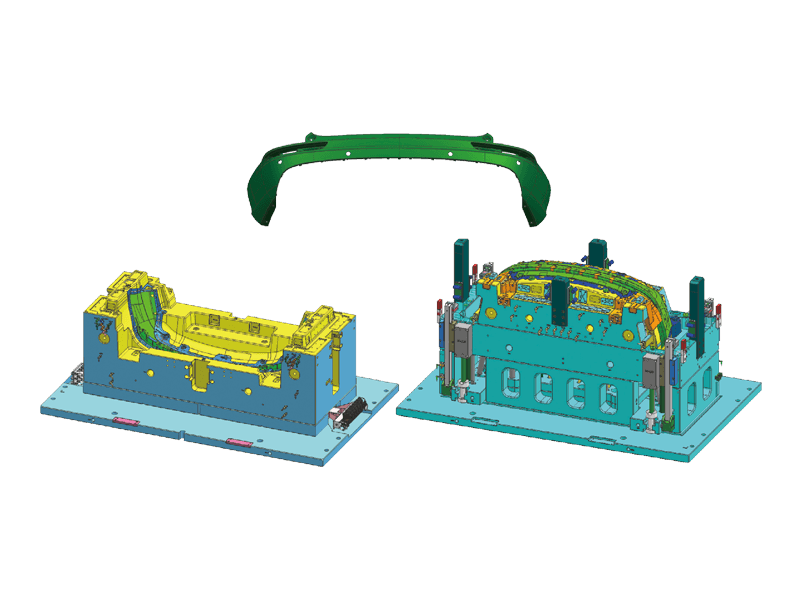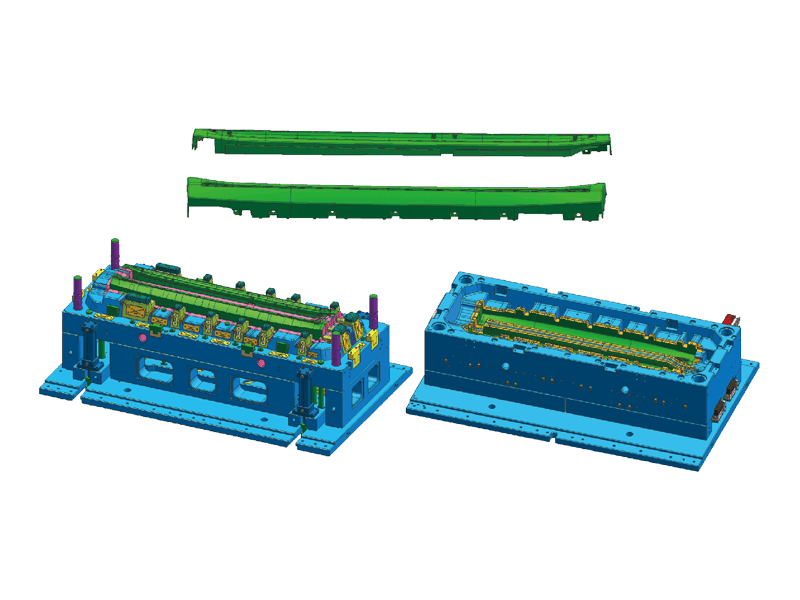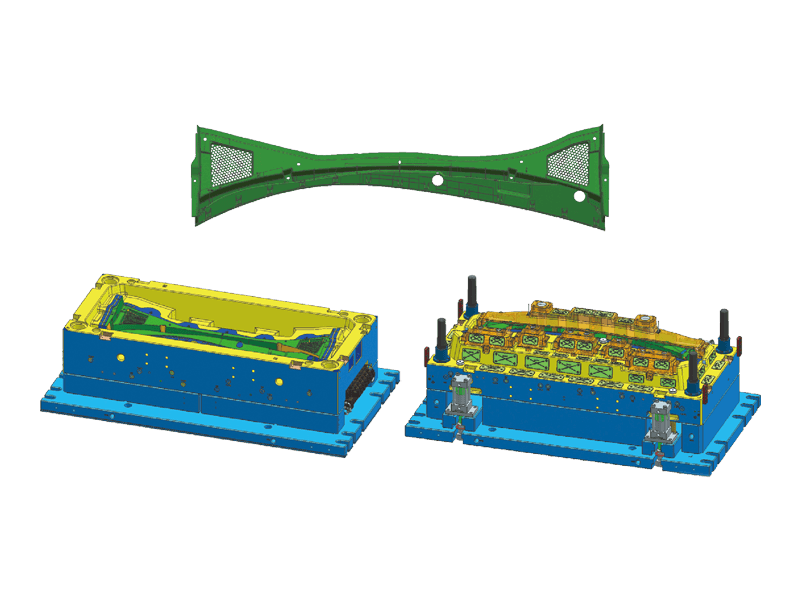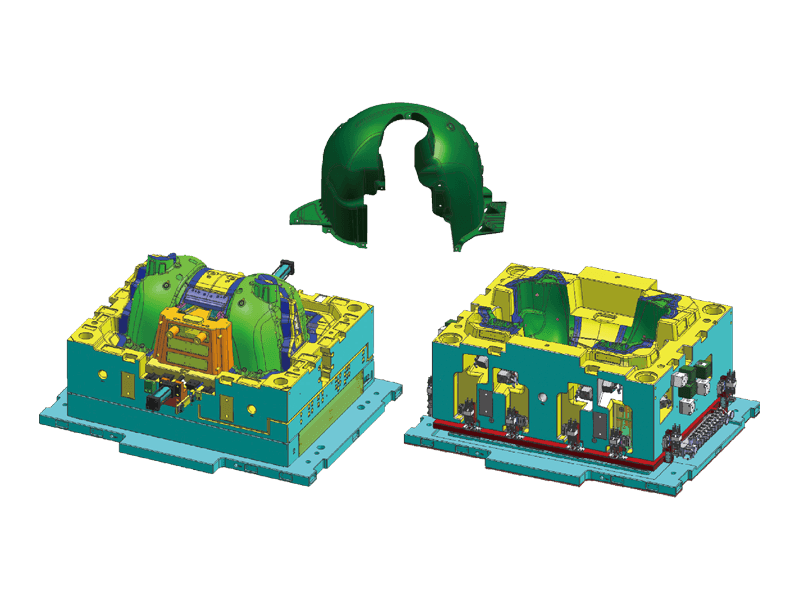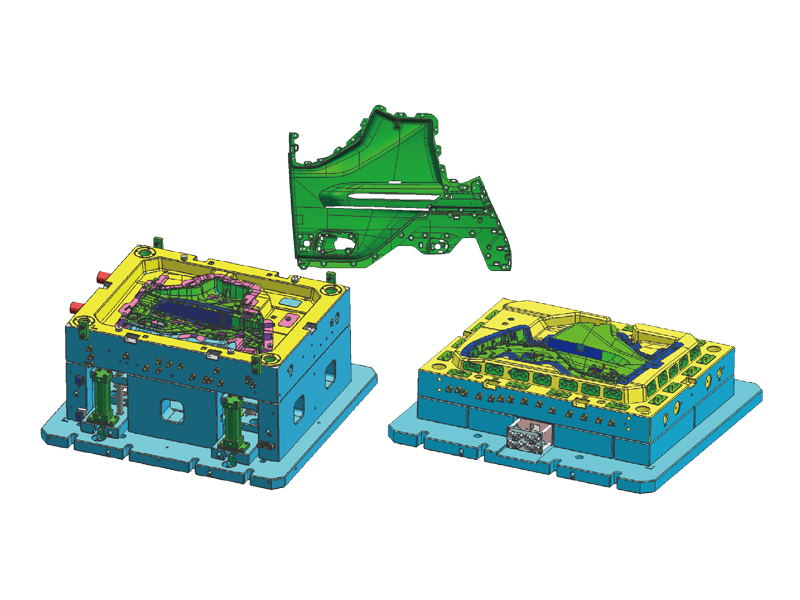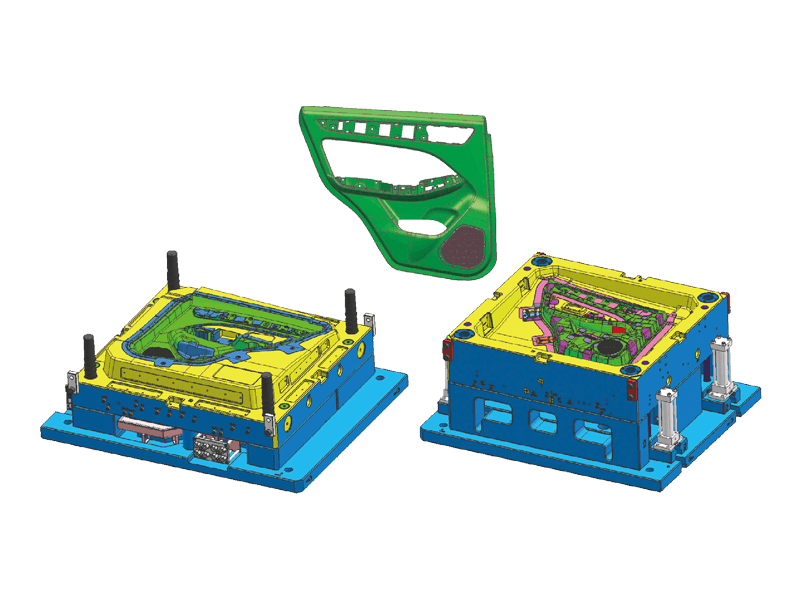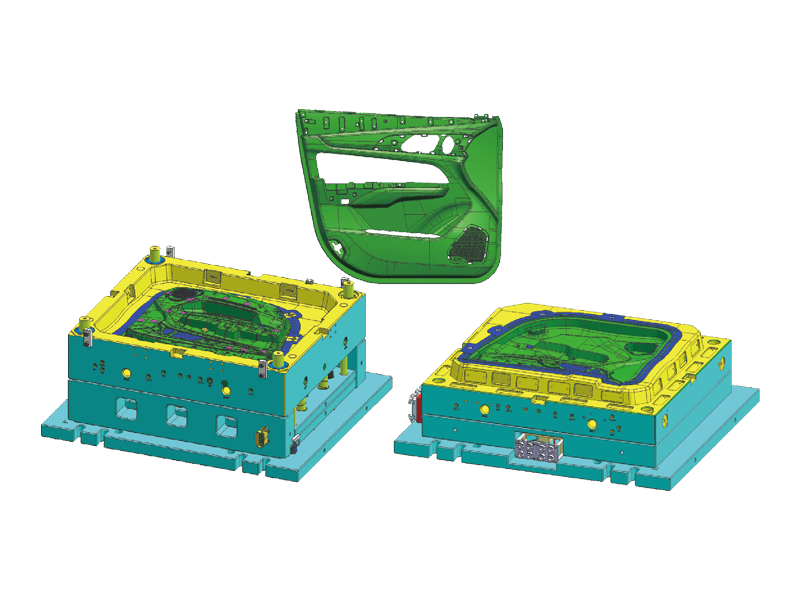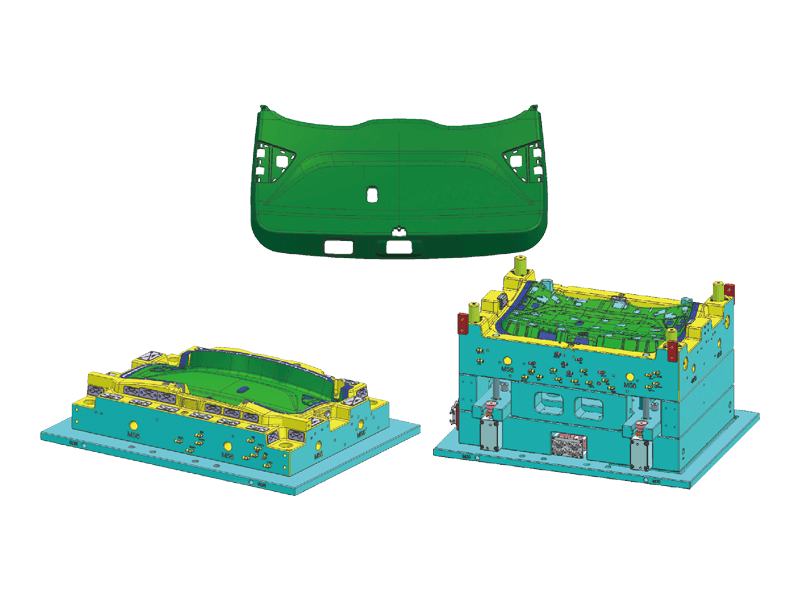As the global automotive industry continues its shift toward lightweight, cost-effective components, the role of the Plastic Wheel Trims Mold Manufacturer has become increasingly critical. Known for delivering precision-engineered mold solutions, the Plastic Wheel Trims Mold Manufacturer sector is undergoing a transformation, driven by rising vehicle production and evolving design requirements.
Plastic wheel trims serve both aesthetic and functional purposes. They protect wheel nuts from dirt and moisture while enhancing a vehicle’s visual appeal. The increasing emphasis on fuel efficiency, sustainability, and design has led automakers to seek advanced mold solutions. This has placed the Plastic Wheel Trims Mold Manufacturer at the center of innovation in automotive design.
In recent years, the Plastic Wheel Trims Mold Manufacturer industry has embraced technologies such as computer-aided design (CAD), computer-aided manufacturing (CAM), and advanced simulation tools to ensure high precision and durability. With electric vehicles (EVs) demanding unique aerodynamic features, mold manufacturers are now developing specialized molds that cater to next-generation trims.
One of the notable developments in the sector includes the investment in automation and robotics. Several Plastic Wheel Trims Mold Manufacturer companies have upgraded their production lines to include robotic injection molding processes. These advancements enable faster turnaround times, reduce material waste, and ensure consistent quality. Automation also plays a critical role in meeting the high-volume production demands of global car manufacturers.
Moreover, the Plastic Wheel Trims Mold Manufacturer market is witnessing a geographical expansion. While China remains a dominant player in plastic molding, other regions like Eastern Europe, India, and Southeast Asia are emerging as key manufacturing hubs. This trend is fueled by the growing local automotive markets and favorable production costs. International collaborations and partnerships have also boosted the global reach of mold manufacturers.
Environmental sustainability is another area where the Plastic Wheel Trims Mold Manufacturer is evolving. Companies are increasingly focusing on recyclable materials and energy-efficient molding processes. Biodegradable polymers and post-consumer recycled plastics are now being tested and implemented for use in wheel trim production. These steps align with broader automotive sustainability goals and government regulations around vehicle emissions and material use.
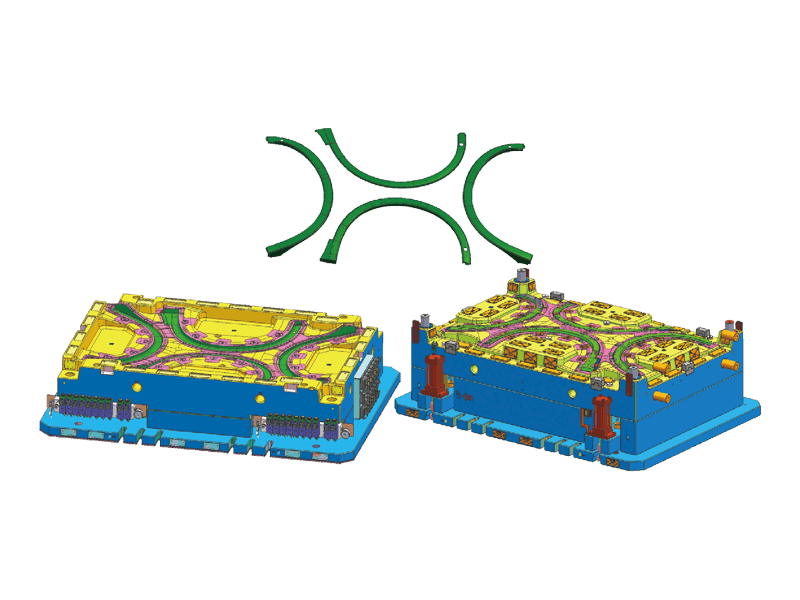
A senior executive at a Plastic Wheel Trims Mold Manufacturer stated, “Our clients are looking for more than just quality. They want innovation, sustainability, and scalability. We are investing heavily in R&D to offer mold designs that reduce cycle times and support eco-friendly manufacturing.”
Customization has also become a key differentiator in the market. Automakers now expect their Plastic Wheel Trims Mold Manufacturer partners to provide unique trim patterns, textures, and branding options that align with specific vehicle lines. This demand has led to a rise in mold personalization technologies, such as laser engraving and modular mold systems, allowing manufacturers to rapidly switch between designs.
The competitive landscape is also intensifying. As new entrants join the industry, established Plastic Wheel Trims Mold Manufacturer companies are focusing on building long-term relationships with OEMs through performance guarantees, after-sales service, and joint development programs. Mergers and acquisitions have become common as companies seek to enhance capabilities and broaden their customer base.
Looking ahead, analysts predict a steady CAGR for the Plastic Wheel Trims Mold Manufacturer sector through 2030. This growth is closely tied to the expected increase in vehicle production, particularly in the electric and hybrid segments. As carmakers continue to innovate in design and performance, the demand for high-quality, customizable plastic wheel trims—and the molds that create them—will only grow.
To stay competitive, the Plastic Wheel Trims Mold Manufacturer must continue investing in smart manufacturing, material innovation, and digital integration. The implementation of Industry 4.0 technologies, including IoT-enabled molds and AI-driven quality control, is poised to redefine production standards.


 English
English 中文简体
中文简体